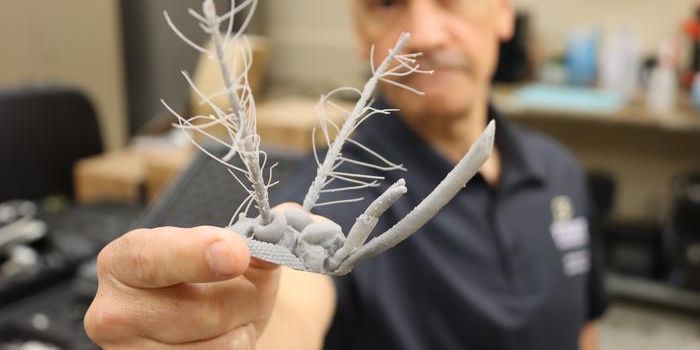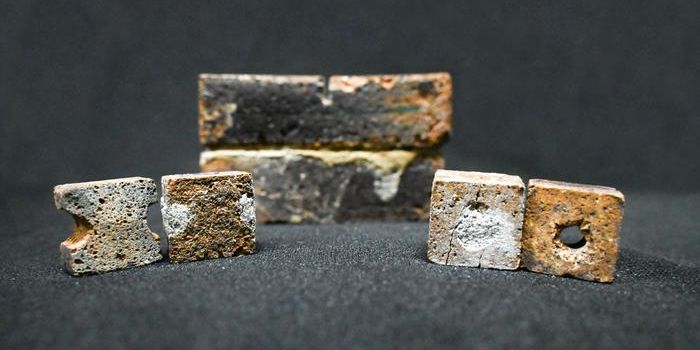Household chores linked to air pollution
New research suggests that household tasks such as cooking and cleaning have significant impact on air pollution, generating particulate chemicals that leaves some homes as polluted inside as major cities outside. The research comes from scientists at the University of Colorado Boulder who led HOMEChem, a field campaign which used sensors and cameras to monitor the indoor air quality of a manufactured home under various scenarios.
"Homes have never been considered an important source of outdoor air pollution and the moment is right to start exploring that," said co-leader of HOMEChem, Marina Vance, who is also an assistant professor of mechanical engineering at CU Boulder. "We wanted to know: How do basic activities like cooking and cleaning change the chemistry of a house?"
What did they find? These basic activities, like making toast or boiling water with a gas stove, create significant levels of gaseous air pollutants and suspended particulates and can be a threat to residents living in the home, especially if the house is not well-ventilated. The scientists even had to recalibrate their monitoring instruments after certain cooking or cleaning tasks because these activities so greatly heightened indoor concentrations.
In addition to polluting the indoor environment of a home, the researchers found that the chemical pollutants from cleaning supplies (called volatile organic compounds, or VOCs) easily slip out into the greater atmosphere, creating another source of air pollution outside as well. Their contribution to ozone and fine particle formation accounts for even more global atmospheric air pollution than cars and trucks do, reports Science Daily.
"[While] many traditional sources like fossil fuel-burning vehicles have become much cleaner than they used to be, data for airborne toxins like formaldehyde and benzene and compounds like alcohols and ketones that originate from the home are very sparse," said CU Boulder’s Joost de Gouw, who published similar research regarding the danger of household chemical pollutants in Science last year.
The researchers’ findings were presented recently at the 2019 AAAS Annual Meeting in Washington, D.C. "There was originally skepticism about whether or not these products actually contributed to air pollution in a meaningful way, but no longer," de Gouw said. "Moving forward, we need to re-focus research efforts on these sources and give them the same attention we have given to fossil fuels. The picture that we have in our heads about the atmosphere should now include a house." More research is needed in order to recommend policy changes and consumer behavior, the researchers say.
Sources: Science Daily, HomeChem









